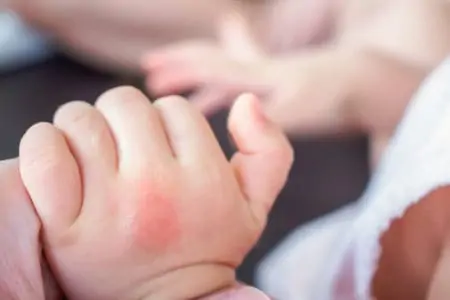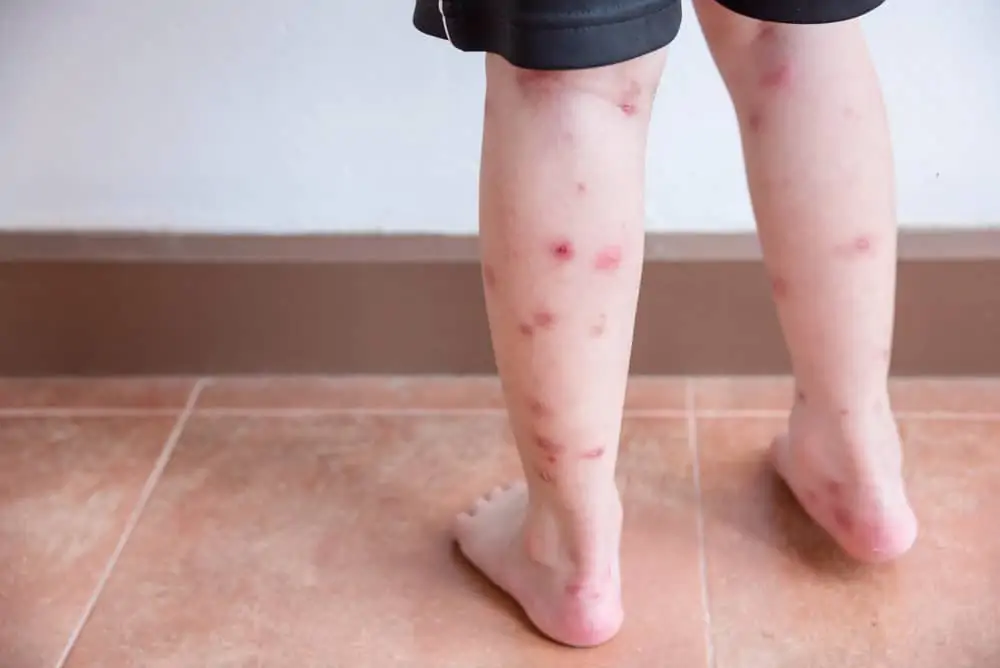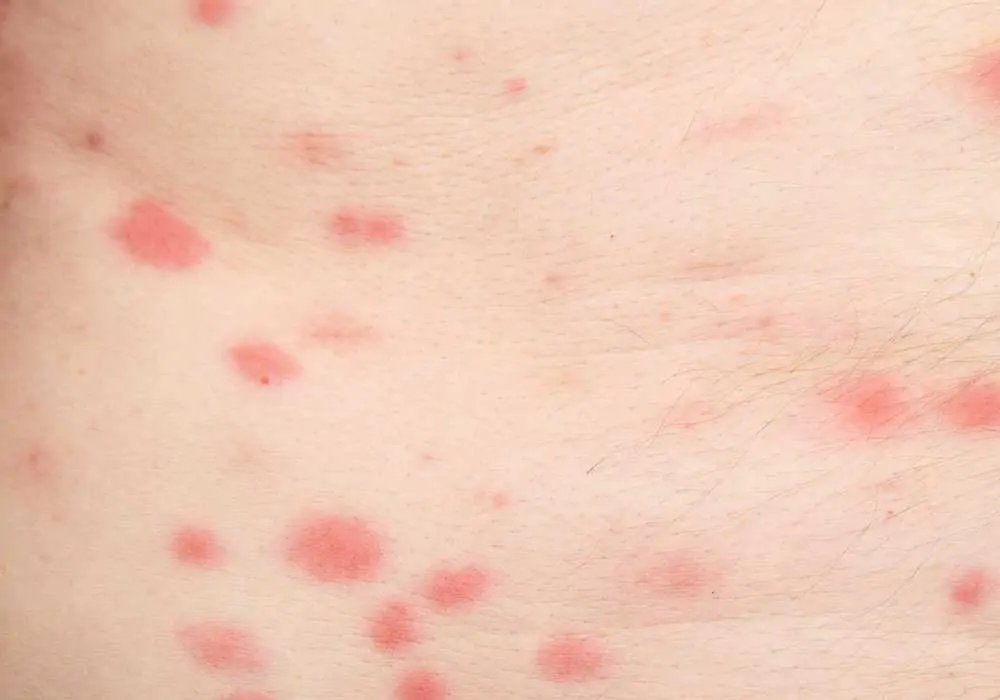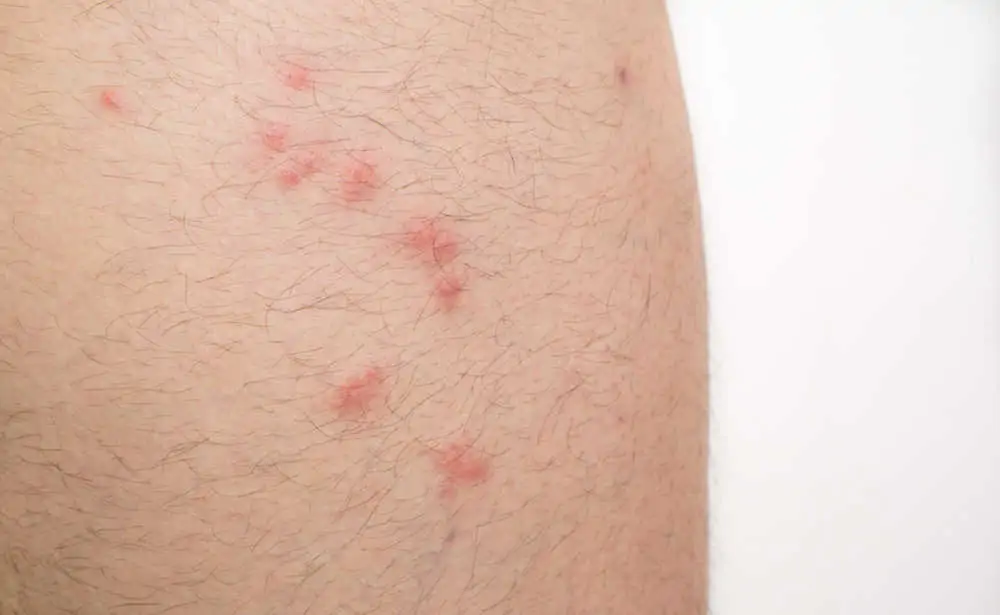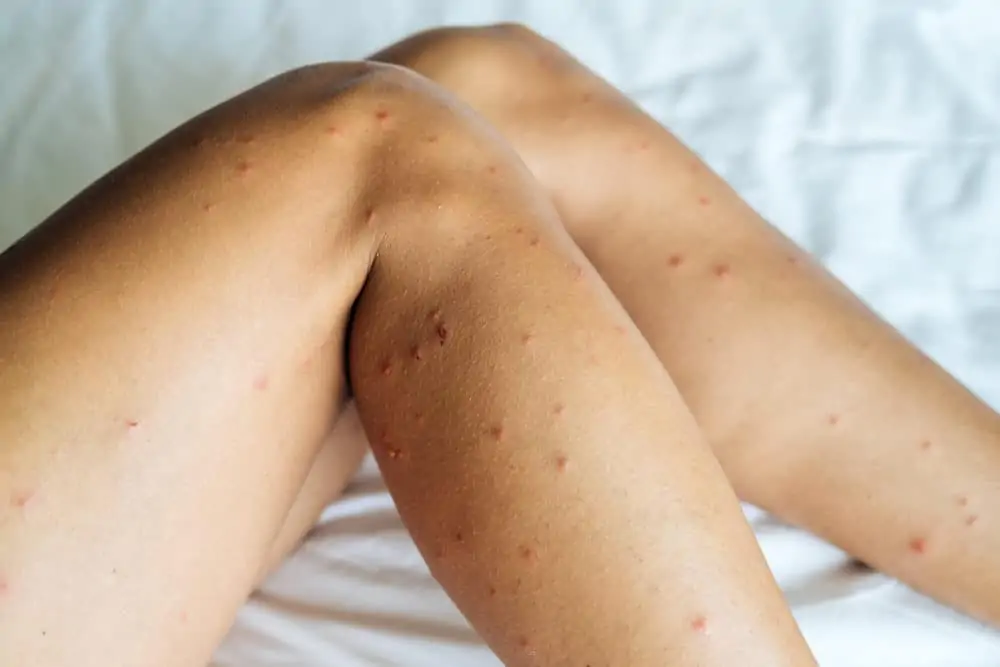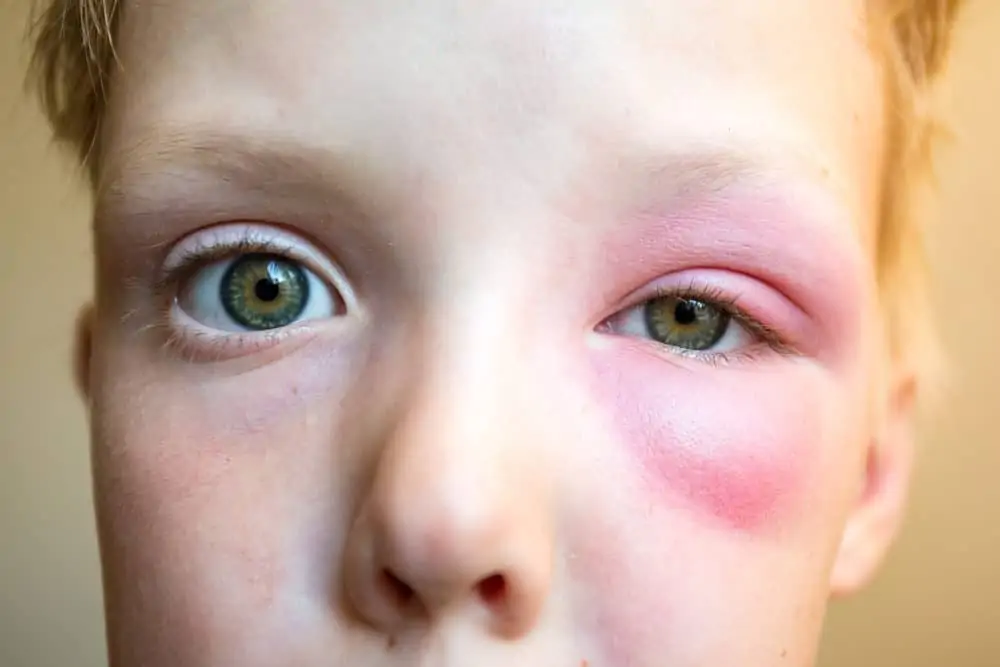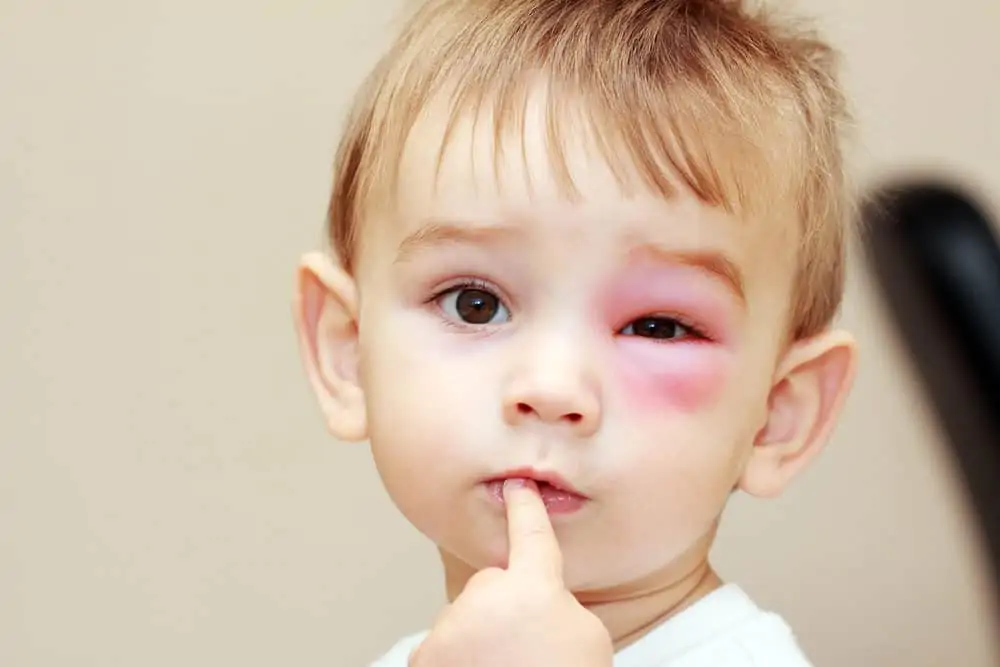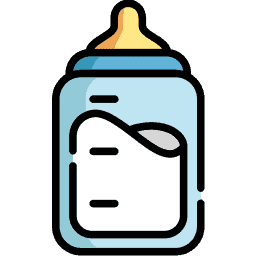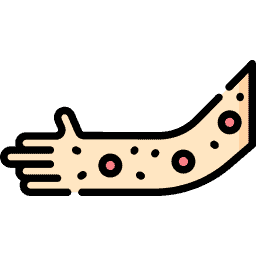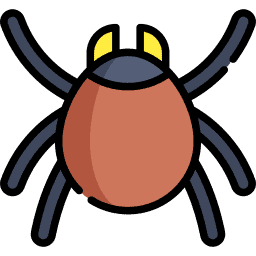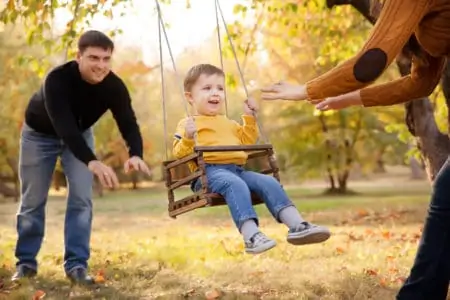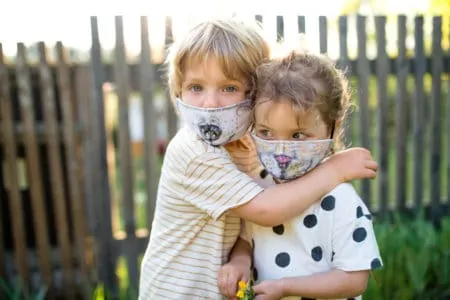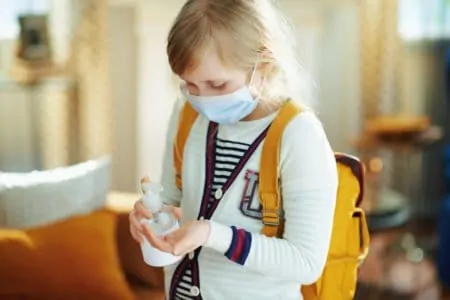Spending time outside with your little one is a highlight of parenting, but insect bites can quickly ruin the fun. Since babies cannot tell you what happened, it is up to you to play detective.
We will help you identify the culprit and get your baby comfortable again. Here is your guide to recognizing, treating, and preventing common insect bites on babies.
Key Takeaways
- Most bug bites cause minor redness and itching that resolves in a few days.
- Clean the area with soap and water immediately to prevent infection.
- Use cold compresses to reduce swelling and soothe pain.
- Seek medical help for signs of anaphylaxis, such as trouble breathing or facial swelling.
How to Recognize Insect Bites on Babies
Spotted a red bump? Identifying the bite correctly helps you choose the right treatment. Here are the most common offenders.
Mosquito Bites
Mosquito bites usually appear as small, puffy red bumps soon after the bite occurs. Within a day, these bumps often become harder and darker. The most obvious sign is the itch, which might make your baby fussy or cause them to rub the area constantly (1).
Bed Bug Bites
Bed bugs are sneaky hitchhikers that feed at night. Look for small red bumps arranged in a rough line or a zigzag pattern. You might see a tiny red puncture mark in the center of each bump. They typically target skin exposed during sleep, such as the face, neck, arms, and hands (2).
Same Bite, Different Reactions
Reactions vary wildly. Some babies develop an itchy rash, while others show no signs at all. It depends on your baby’s individual sensitivity (3).
Flea Bites
If you have pets, fleas might be the issue. These bites appear as small, red clusters or groups. Unlike bed bugs, fleas prefer warm, moist folds of skin. Check your baby’s ankles, armpits, and the bends of their knees and elbows.
Tick Bites
Ticks are a serious concern because they can transmit Lyme disease. A tick often looks like a new mole or a small black dot. If the tick has fallen off, you might see a red bump. If you notice a “bullseye” rash (a red dot surrounded by a red ring), contact your pediatrician immediately.
Fire Ant Stings
Fire ants are aggressive and their stings are painful. The sting usually starts as a red hive that burns or itches. Within 24 hours, it transforms into a blister filled with fluid (pustule). Do not pop these blisters, as they can easily become infected.
Fly Bites
Fly bites can be more painful than mosquito bites. Identification depends on the specific type of fly.
1. Horsefly Bites
These flies cut the skin when they bite, making it quite painful. You will see a raised, red rash or welt. Watch for signs of infection, such as pus or increasing warmth around the bite (4).
2. Sand Fly Bites
Common in humid southern states, sandflies leave small red bumps or blisters. They are notoriously itchy. Keep the area clean to prevent skin ulcers from developing (5).
3. Deer Fly Bites
Often found near lakes or swamps, deer flies leave painful red welts. If the welt grows significantly or looks inflamed, consult your doctor.
Bee Stings
Bees usually sting only when provoked. You will see an instant pink or red welt with a white spot in the center. Honeybees often leave their barbed stinger behind in the skin.
Removing A Bee Stinger
Scrape the stinger out gently with a fingernail or the edge of a credit card. Do not use tweezers to pinch it, as this can squeeze more venom into your baby’s skin (6).
Wasp Stings
Wasps are more aggressive than bees and can sting multiple times because they do not lose their stinger. The reaction looks similar to a bee sting: a sharp pain followed by a swollen pink welt (7).
How to Treat Insect Bites on Babies
Most bug bites can be treated at home with simple first aid. Here is a step-by-step guide to soothing your baby’s skin (8).
- Remove the irritant: If there is a visible stinger, tick, or insect part, remove it immediately. For ticks, use fine-tipped tweezers to pull upward with steady pressure.
- Clean the area: Wash the bite gently with mild soap and water to wash away venom, saliva, and bacteria.
- Apply cold: Wrap an ice pack or a bag of frozen peas in a thin cloth. Hold it against the bite for 10 minutes to reduce swelling and numb the pain.
- Elevate: If the bite is on an arm or leg, prop it up on a pillow to help minimize swelling.
- Prevent scratching: Itchiness leads to scratching, which leads to infection. Keep your baby’s fingernails trimmed short or use mittens.
- Use safe remedies: You can apply a paste of baking soda and water to bee stings. For general itching, consult your pediatrician about using calamine lotion or a mild hydrocortisone cream.
- Monitor closely: Watch the bite for the next 24 hours. If redness spreads or the baby develops a fever, call the doctor.
When Should I Be Worried About an Insect Bite?
While most bites are harmless, some require medical attention. Trust your instincts. If your baby seems unusually distressed, make the call.
Here are specific red flags to watch for regarding insect bites.
- Signs of Anaphylaxis: This is a life-threatening allergic reaction. symptoms include swelling of the lips, tongue, or throat, wheezing, difficulty breathing, or fainting. Call 911 immediately.
- Infection: If the bite area becomes hot, oozes pus, or develops red streaks spreading outward, it may be infected.
- Lyme Disease Symptoms: Watch for a bullseye rash, fever, fatigue, or swollen lymph nodes in the weeks following a tick bite.
- Spider Bites: If you suspect a brown recluse or black widow bite (look for severe pain, muscle cramps, or a blister with a dark center), go to the ER.
- West Nile Virus: If your baby develops fever, headache, body aches, or vomiting after mosquito exposure, seek medical advice.
Save The Evidence
If you manage to catch or swat the bug that bit your baby, save it. Place the tick, spider, or insect in a sealed plastic bag. This helps doctors identify the species and determine the best treatment.
How to Prevent Insect Bites on Babies
The best way to deal with bug bites is to avoid them in the first place. Here is how to create a bug-free zone for your little one (9).
- Time it right: Mosquitos are most active at dawn and dusk. Try to stay indoors during these peak feeding times.
- Cover up: Dress your baby in loose-fitting, light-colored clothing that covers their arms and legs. Bugs are attracted to bright colors and floral prints, so stick to neutrals.
- Barrier protection: Use a mesh insect net over strollers and infant carriers when you are walking outdoors.
- Eliminate breeding grounds: Empty standing water from birdbaths, flower pots, and toys in your yard, as this is where mosquitoes lay eggs.
- Use repellent safely: For babies older than two months, you can use insect repellents with 10% to 30% DEET. Do not apply it to their hands or face.
FAQs About Insect Bites on Babies
It is normal to have questions when your baby has a mystery bump. Here are answers to common concerns parents have about insect bites.
Managing Bug Bites with Confidence
Bug bites are an inevitable part of childhood, but they do not have to be a disaster. By learning to identify the marks and having a few simple remedies on hand, you can handle the situation calmly.
Keep an eye out for allergic reactions, use preventive measures when possible, and do not hesitate to call the doctor if something looks “off.” You have got this, and soon enough, your little explorer will be back to enjoying the outdoors!
